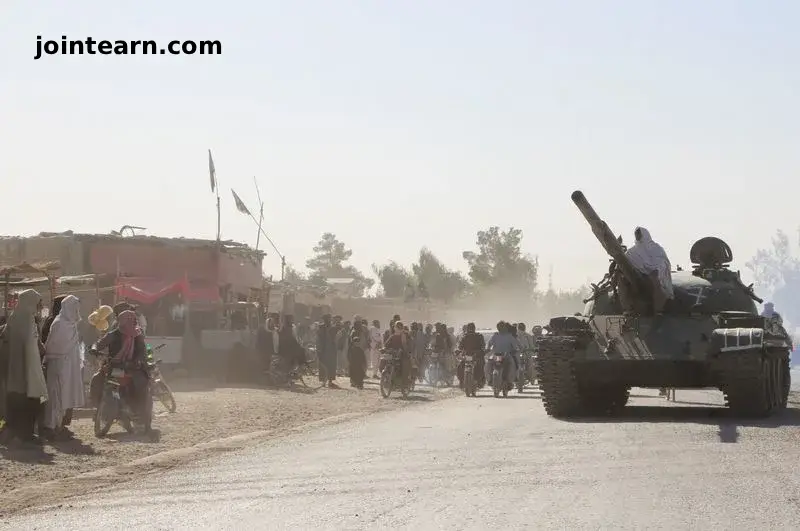
Pakistan and Afghanistan have agreed to a temporary 48-hour ceasefire following renewed border clashes and an airstrike that left over a dozen civilians dead and more than 100 injured. The truce comes amid escalating tensions along one of South Asia’s most volatile frontiers.
Escalation and Humanitarian Toll
The clashes, which erupted along the contested Durand Line, shattered a fragile peace that had been tenuous since the Taliban seized power in Afghanistan in 2021.
According to Afghan Taliban officials, Spin Boldak, a key border town in Kandahar Province, experienced airstrikes and ground fighting that hit residential areas, causing significant civilian casualties. Afghan authorities reported more than a dozen deaths and over 100 injuries.
Pakistan denied targeting civilians but confirmed that four Pakistani civilians were wounded by attacks in Chaman, directly across the border from Spin Boldak.
Military Engagement and Airstrikes
Earlier on Wednesday, Pakistani forces conducted an airstrike targeting Taliban positions in Kandahar, claiming it struck a brigade of Afghan Taliban troops. Afghanistan rejected this claim, stating that residential zones were hit. Both sides accused each other of initiating ground attacks, intensifying mutual mistrust.
In addition, fighting between Pakistani troops and militants in Pakistan’s Orakzai district killed six paramilitary soldiers and nine militants, highlighting the broader security challenges along the porous border.
Temporary Ceasefire
A statement from Pakistan’s Foreign Ministry confirmed that a temporary 48-hour truce would begin at 1300 GMT on Wednesday, requested by Kabul. Meanwhile, Taliban spokesperson Zabihullah Mujahid stated that the ceasefire was implemented at Pakistan’s insistence. Afghan forces were directed to observe the truce, contingent upon Pakistan refraining from aggression.
Despite the ceasefire, several key border crossings remain closed, disrupting trade and leaving vehicles loaded with essential goods stranded. Pakistan serves as a primary source of food and supplies for landlocked Afghanistan, amplifying the economic impact of border closures.
Regional and International Concerns
The renewed clashes have drawn global attention. China urged protection for its citizens and investments in the region, Russia called for restraint, and U.S. President Donald Trump expressed willingness to assist in resolving the conflict.
The timing of the clashes coincided with Afghan Taliban Foreign Minister Amir Khan Muttaqi’s first visit to India, during which New Delhi announced plans to reopen its embassy in Kabul. The Taliban confirmed it would send diplomats to India, marking a shift in regional diplomatic engagement amid escalating border tensions.
Historical Context
The Pakistan-Afghanistan border has long been a flashpoint for conflict. Violence escalated after 1979 during the U.S.-backed war in Afghanistan and intensified following the 9/11 attacks. The region has since seen persistent militant activity, with Taliban, al-Qaida, and ISIS-affiliated groups exploiting the porous frontier for operations against Pakistani security forces and NATO allies.


Leave a Reply